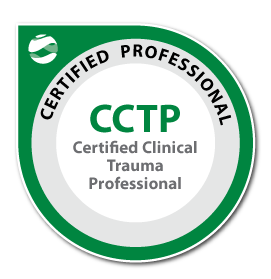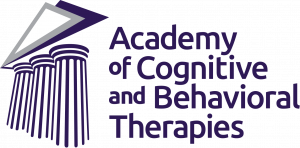Get the Right Help to Feel Better – Call (650) 461-9026 or Text (650) 461-9026
Jacquelyn “Jacqui” Lewis, LMFT, ATR-BC, CCTP, ACCTS

Ages: Adults (18+ years)
Teens (14-17 years)
Jacquelyn “Jacqui” Lewis, LMFT, ATR-BC, CCTP, ACCTS
Jacqui is a compassionate, engaged, and caring Cognitive Behavioral therapist who is passionate about helping people resolve concerns which are getting in the way of living a fulfilled, balanced, and rewarding life. Jacqui has been conducting therapy sessions with individuals, couples, families, and groups, since 2008. She is a Board Certified Art Therapist, utilizing art therapy techniques with CBT theory, to help reduce symptoms of stress, anxiety, trauma, family/relationship problems, depression, and grief. Jacqui is also an Advanced Certified Clinical Trauma Specialist, as well as, being certified in working with OCD through Exposure Response Prevention (ERP).
Jacqui has a wide range of experience working with teens, transitional aged youth, and adults. She has worked in a variety of settings; working with people who are looking for ways to cope, manage, and resolve psychological symptoms which prevent the individual from engaging-in and succeeding in their academic, career, social, and familial roles and relationships. She worked with the San Francisco Veterans Administration in promoting the use of visual arts and art making as a way to promote psychological healing. Jacqui also spent several years working in high school settings, where teens were struggling with daily stressors brought upon by academic pressures and peer/relationship issues.
She attended Notre Dame de Namur University, where she graduated with a Master of Arts in Marriage and Family Therapy and completed the Graduate Art Therapy Program approved by the American Art Therapy Association. She also received the award for Outstanding Research in the field of Art Therapy Psychology for her research on how Art Therapy can be utilized to reduced symptoms of stress for U.S. Military Veterans.
In her free time, Jacqui enjoys spending time knitting, painting, hiking with her dog, and gardening.
Concerns:
- Academic Stress
- Anxiety
- Attention-Deficit Disorder (ADHD) (Adults)
- Death, Grief, and Loss
- Depression
- Family Problems
- Health Anxiety
- Life Transitions
- Military PTSD
- OCD
- Panic Attacks
- Phobias
- PTSD/Trauma
- Relationships/Communication
- Social Anxiety/Phobia
- Stress
- Tics
- Work/Career
Special Interests:
- Art Therapy
- Military PTSD
- PTSD
Certifications:
- Academy of Cognitive and Behavioral Therapy (ACT)
- Board Certified Art Therapist
- Certified Clinical Trauma Professional
- Cognitive Behavioral Therapy
- BTTI Graduate, OCD Foundation
- TEAM CBT (David Burns)
- Advanced Certified Clinical Trauma Specialist


Marriage and Family Therapists are mental health professionals trained in psychotherapy with a family systems influence, and licensed to diagnose and treat mental and emotional disorders that affect individuals, couples, and families. The Federal government has designated marriage and family therapy as a core mental health profession along with psychiatry, psychology, social work and psychiatric nursing. The State of California support and regulate the profession by licensing MFTs.
Educational requirements
Marriage and Family Therapists have graduate training (either a masters or doctoral degree) in counseling psychology with an emphasis in marriage and family therapy. Prior to a rigorous exam process leading to licensure, LMFTs must complete at least 3,000 hours of post-graduate clinical experience under the supervision of a licensed mental health professional. Before full licensure, LMFTs are called “Associates”. LMFTs are employed in a variety of private and public settings, including private practice, community mental health centers, and behavioral managed care organizations.
Do LMFTs only work with clients who are having problems in their marriages and families?
No. While LMFTs are qualified to do couples and family therapy, most LMFTs work with individual adults to not only enhance the quality of their relationships, but also decrease symptoms of anxiety, depression, and stress.
How can a LMFT help me?
Like other mental health professionals such as social workers, psychologists, and psychiatrists, LMFTs help clients by diagnosing and treating common emotional and behavioral difficulties that interfere with functioning at an optimal level. LMFTs use empirical-supported counseling techniques to help their clients achieve desired goals.
